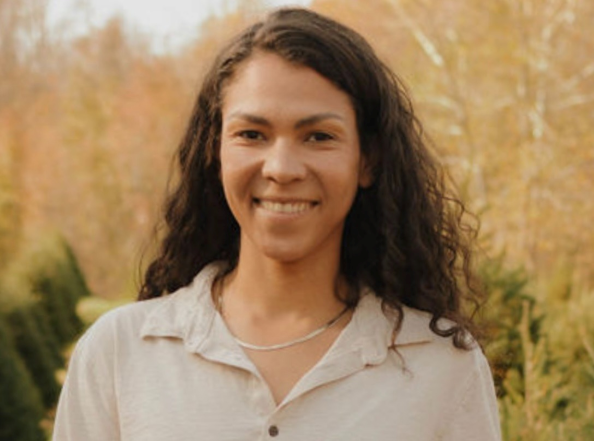2024 FRACTALS Fellow Series Part 1 | Register | Recording
2024-02-20 (Noon Eastern)
Abstract
In 2022, Oak Ridge National Laboratory announced the first public exascale computer Frontier, allowing 1.102 quintillion operations per second and aiding scientists in experiments such as cosmological simulations. In this talk, we introduce a currently implemented network topology for high-performance computing. In particular, we explore and construct the network topology currently used by Frontier to describe the connections between its components, the Dragonfly topology. The Dragonfly topology is made up of groups with routers in each group. Each router has intra-group connections to the other routers of the group and inter-group connections to routers in other groups. We will also begin our discussion on properties that make a network topology desirable and characteristics that many desirable network topologies for high-performance computing possess as we prepare to study and design network topologies for post-exascale systems.
Activity Outcomes (bring paper/tablet etc…)
- Construct a canonical Dragonfly topology
- Determine the diameter of the Dragonfly topology
- Determine the maximum number of edge-disjoint spanning tree in the Dragonfly topology
Bio
2024 FRACTALS Fellow: Aleyah Dawkins is a PhD candidate at George Mason University, graduating in May 2024. Her main research interests are in combinatorics, particularly graph theory. Aleyah is currently a guest student at Los Alamos National Laboratory (LANL) where she researches mathematical designs and properties of high-performance computing networks to be applied to exascale and post-exascale networks, in collaboration with researchers from Colgate University, ETH Zurich, Intel, and LANL. Her professional mission is to create inclusive learning environments to address retention of a diverse community in mathematics.

